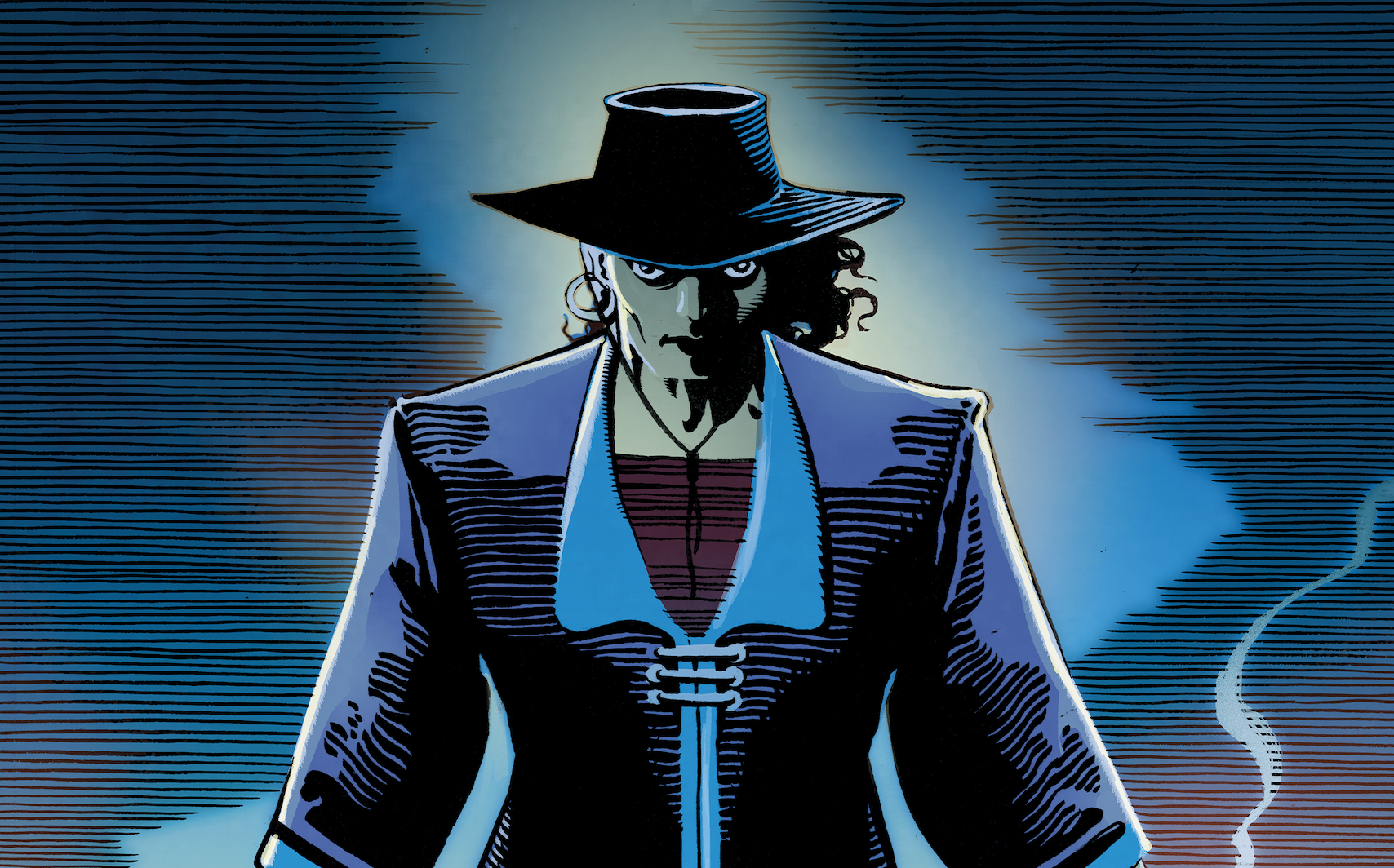
There has been much discussion in the media over the lack of female director nominees at this year’s Academy Awards. It shows the Academy still has a long way to go when it comes to inclusion especially within this high stakes category that has the potential to make or break a director’s career. But the Oscars are about so much more than just one category, and this year’s event is certainly not devoid of female empowerment both behind the camera and on screen.
On February 9, Hollywood’s “night of nights” will get to experience some #girlpower all the way from Afghanistan, in the Best Documentary Short Subject category. The film ‘Learning to Skateboard in a Warzone (if you’re a girl)’ from award-winning filmmaker and director Carol Dysinger is a love letter to the girls of Afghanistan. The film follows the progress of a group of Afghan girls at Skateistan, a nonprofit that began as a skate school in Kabul in 2007 and grew into a multinational educational initiative. Skateistan focuses on recruiting girls from impoverished neighborhoods to not only teach them to skateboard, but to help educate them so they can join – or return to – the public school system.
The film follows a class of girls as they progress both in the classroom and the skatepark, navigating not only the challenges of their education but also the challenges of the increasingly unstable world in which they live. Skateistan acts as their haven from the outside world. Within its walls, the girls are free to express themselves, to learn without fear, to gain courage, and to allow their personalities to shine as they grow through the joy of skateboarding and the warmth of the women who teach them.
We had the opportunity to speak with Carol on the eve of the Academy Awards and learn more about the girls of Skateistan, Carol’s experience being in Afghanistan for 15 years, and why the themes of this film are universal and relatable to all young girls.

First of all, congratulations on being nominated for an Academy Award! How does it feel to see your work being celebrated this way?
It’s crazy! What’s funny is I got us to the Academy Awards in 1977 when I was a sophomore in college [Carol won the Achievement Award at the 1977 Student Academy Awards]. And I thought, knowing nothing of the film business, “Great! I did the hard part and now I’m going to be able to go into the business and make all kinds of movies!” Because all the men who had gotten to the academy awards before me were getting agents, and deals, and I thought it would be the same for me. Academy Award-winning director Frank Capra handed me my Oscar and a check for $1000 which was more money than I had seen in my entire life. As a kid from Maryland with tape on my sandals, wearing borrowed clothes, I thought I had “made it”. But of course I entered the business and it wasn’t like that.
I realized I had to make a living. So I edited, did a lot of ghost writing and screenwriting. I tried to direct but I just couldn’t get any work. That “ceiling” they talk about, let me tell you it was not made of glass. It was see-through, but not made of glass. Because if it had been I would’ve broken it. So I worked like crazy and I was about 40 or so, and said to myself I can’t do this anymore. I was offered a job teaching at NYU, and I made a vow to myself: “I will be what I did not have”. I thought a lot about the teachers who were in my high school who were brilliant women. Back then in the 60’s and 50’s, the only kinds of jobs they could get were teaching. So I copied what they did. One of my first students was Karen Kusama [director, ‘GirlFight’, ‘AeonFlux’, ‘Jennifer’s Body’].
I never returned to Hollywood. I like to tell people, “I couldn’t get shot in Hollywood, so I decided to go someplace I could!”, just out of my own interest and curiosity. And now that I had a full time teaching job and didn’t have to worry about rent, I started going to Afghanistan and directing my own documentaries. When I think of the distance between Frank Capra and my narrative film about a 16th birthday, and here I am in 2020 nominated for an Academy Award for a documentary about skateboarding, it’s really lovely, it’s kind of like something’s come full circle. It feels good.

How did you first hear about Skateistan, and what drew you to make a film about it?
I first heard about it when my documentary ‘Camp Victory Afghanistan’ was on the festival circuit. British director Orlando von Einsiedel, had made a short film about the inception of Skateistan [‘Skateistan: To Live and Skate Kabul’], in 2010. It was more about Australian skateboarder and founder Oliver Percovich and the street kids because he was skateboarding around Afghanistan. And then once they got organized, funded and created space, they came up with this genius educational model. They take kids who didn’t start school in time for various reasons, or internally displaced kids and refugee kids, and Skateistan gives the Afghan curriculum from 1st grade to 3rd grade in one year. The skateboarding keeps the boys coming back, but they discovered the skateboarding also helped the girls.
For me the whole movie is about learning courage – to raise your hand and say, “I am here, I have an idea, I have the answer”. I structured the whole movie around that. I think that’s universal, whether our culture says “yes you’re equal”, a lot of girls are still embarrassed in front of the boys to be thought of as too smart or too pushy etc. Like the Tracy Flick [played by Reese Witherspoon] in ‘Election’, or Hermione from ‘Harry Potter’. They just don’t want to be a “know it all”. And then they re-enter school at a more appropriate age into the Afghan system. They also have some young leadership training programs which they offer their participants.

How do the parents of the girls come around to the idea of letting their daughters go to school, especially in a country which has one of the lowest literacy rates in world for women?
As you will see in the film, they understand the value of education. Certainly the women do. They know what their lives are like not knowing how to read or write, or add and subtract. Since a lot of them are internally displaced refugees they’ve seen more of the world than someone who is from a small village and never left. Those mothers moved me so much. They remind me of my own mother and some of my female teachers growing up. They are preparing their girl children for a world that you can’t even imagine, and you don’t entirely trust is going to come into existence. But if it comes, you’re gonna know how to read and write. You’re gonna know when someone is misquoting the Koran to you. And you’re going to know how to behave. And I will do what I need to make that happen.
What Skateistan does it send around a bus. Fatima [Student Support Officer] goes into an area and finds a woman who is the core person in the community, and talks to them to find the mothers of girls. The genius of it, is that there is not one single Western person in that building. It is managed and run by people from Afghanistan. The money comes from the international skateboarding community. But nobody will see a Western face in that place. Which makes it less of a target. And it means the leadership program trains young people to work at Skateistan then move on to other things.

Aside from a unique look into an organization that helps young Afghan girls learn how to skateboard, the film really is about courage and empowering the girls to raise their voice. What are your hopes for Western audiences who watch this film?
It was really hard to get people on camera to be themselves, without filtration of the male gaze. It was hard to do, but I did it. And I want people to look at that and say, “they’re not so different from us”.
One of the things about Skateistan that I thought was brilliant, was that these are girls who generally only make friends with their cousins, maybe their neighbors, but very close to home. Now, they are meeting people who are Sunni and Shia, Hazara, Tajik, which is not common in the schools in Afghanistan. And after they finish their year at Skateistan and go off to regular school, the Skateistan bus will come around once a month and the kids will meet up again to skateboard with their friends. So they now have these female friendships. I believe that women’s friendships is going to save the planet.
Whatever our governments do, and they’re going to sometimes do the right thing, and sometimes do the wrong thing, whatever… But we as people and as women, need to keep an eye on the education and healthcare of women in countries less fortunate than us, and help them where we can. We as people need to support them as people, and not expect their government or our government to do it.
Be sure to tune into the Academy Awards on Sunday February 9 to see how ‘Learning to Skateboard in a Warzone (if you’re a girl) fares in the Best Documentary Short Subject category. Support and donate to Carol’s next documentary project ‘One Bullet’ HERE. You can stream ‘Learning to Skateboard’ by clicking HERE. Watch the trailer below:
Learning To Skate In A War Zone (If You’re A Girl) Trailer from Grain Media on Vimeo.
















